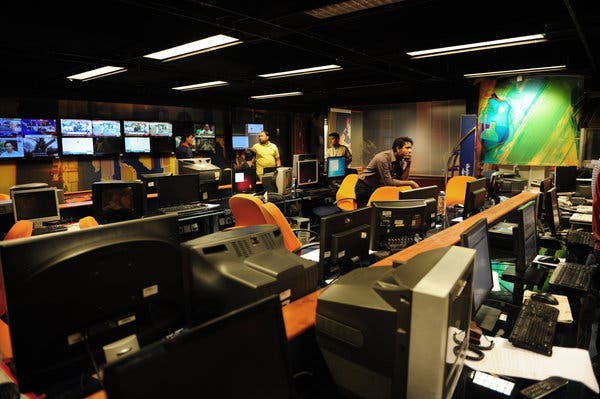The representatives of media organisations have rejected the proposed Pakistan Media Development Authority (PMDA) and termed the concept as an unconstitutional and draconian law against the freedom of press and expression and a step toward imposing state control to regulate all segments of media under over-centralised body.

The major stakeholders believe that the proposed PMDA is an attempt to tighten the government’s control over the media from one platform and ignores the fact that print, electronic and social media are separate entities, each with their own defined features.
A joint meeting of the members of the Standing Committee of National Assembly and Senate on Information and Broadcasting was held on August 11.
Talking to The Current, Senator Mustafa Nawaz Khokhar said that a joint meeting of the Standing Committees on Information of both Houses — Senate and National Assembly— had been called by the Information Ministry to discuss the proposed media authority bill.
“PML-N had boycotted the meeting as it was being held at the Information Ministry instead of Parliament House. When I went to the meeting, I raised some legal and constitutional points regarding the meeting,” said Khokhar.
“I asked the government for signed permission by Chairman Senate and Speaker National Assembly as it is required by law if such meetings are called outside parliament. The government could only produce a permission letter from Chairman Senate but not Speaker National Assembly. So I raised the point that this meeting is illegal,” said Khokhar.
“I also pointed out that since Mian Javed Latif, who is the chair of the NA Standing Committee on Information, is not present due to PML-N’s boycott, the NA Standing Committee cannot be part of this meeting. I was overruled by the government. Thus, the PPP also decided to boycott the briefing,” added Senator Khokhar.
The agenda before the Committee was one of a comprehensive briefing on the proposed PMDA by the Federal Minister for Information and Broadcasting Fawad Chaudhry.

As per the last known draft, the PDMA has been described in the Ordinance as “an independent, efficient, effective and transparent” Authority, which will regulate all forms of media, including digital media.
Under the Ordinance, print and digital media will also need a license to establish and operate in the country.
The draft describes digital media as online newspapers, web TV channels, OTT content platforms, online news channels, video logs, and YouTube channels, Netflix, Amazon Prime.
As per the drafted Ordinance, the government could issue directives to the Authority on matters of policy, and such directives will be binding on the Authority.
For a media organisation to operate in the country, it will be required to not broadcast, distribute or make available online any programme inciting violence or hatred or any action prejudicial to maintenance of law and order or content which defames or brings into ridicule the Head of State, or members of the armed forces, or legislative or judicial organs of the state or is obscene or vulgar.
As per the draft, the president will set up media tribunals. An aggrieved person can file an appeal with the media tribunal within 30 days. Only the Supreme Court will have jurisdiction to question the legality of a decision taken by the media tribunals.







